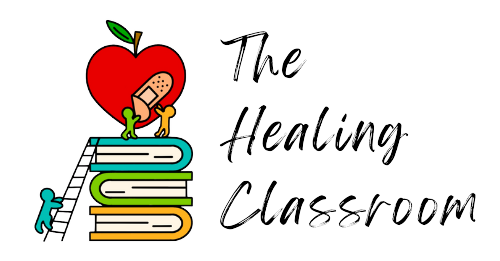Health Literacy: Educating Yourself for Better Health Outcomes
When considering the challenges people face in managing their health, we often focus on measurable factors such as finances, access to healthcare, or time constraints. However, a crucial yet often overlooked factor that significantly impacts health outcomes is health literacy. Health literacy is the ability to understand and effectively use health information, an essential skill for making informed decisions and taking charge of one's well-being. True control over one’s health goes beyond simply making choices; it involves understanding the consequences of those choices.
Low health literacy can have serious consequences, especially when it comes to medication adherence and preventive care, such as cancer screenings or immunizations. Individuals with limited understanding of their treatment plans may struggle to follow medication instructions properly, which can lead to worsening health conditions and higher medical costs. a lack of awareness about the importance of screenings or vaccines may result in individuals skipping these vital services, leaving potential health issues undiagnosed and untreated. Improving health literacy through better communication and education is crucial to empowering individuals to make informed decisions about their medications and preventive measures (Aremu et al., 2022).
Health literacy also affects a person’s ability to navigate the healthcare system. Individuals who struggle with understanding health information often find it challenging to make sense of insurance plans, schedule appointments, or know when to seek medical help. Even obtaining health insurance can be difficult due to the complexity of the application process and the variety of options available. Poor communication with healthcare providers only worsens this issue. If patients do not fully understand what their doctor is saying or how to follow their instructions, they may delay or miss critical treatments, which can lead to more severe health problems (Allen-Meares et al., 2020).
Additionally, low health literacy can impair a person’s ability to make informed decisions about their healthcare, such as choosing a treatment plan or understanding the risks associated with various options. Without a clear understanding of medical information, patients may leave decisions entirely up to their healthcare providers instead of participating in shared decision-making. As a result, these decisions may not align with the patient’s values or preferences, potentially leading to suboptimal care and poorer health outcomes (Seo et al., 2016).
As we continue to improve our education system, it is essential to focus on enhancing health literacy. Teaching individuals how to understand and manage their health empowers them to make better health decisions. This approach creates a future where people can not only make informed health choices but also apply that knowledge to improve their lives. By incorporating health education into school curricula, we can ensure that students are equipped not only with academic knowledge but also with the skills to take care of themselves and make informed decisions regarding their health. Prioritizing health literacy is a key step toward improving health outcomes and ensuring that individuals can lead healthier lives.
Actionable Steps You Can Take to Improve Your Health Literacy:
Ask Questions: When visiting your doctor, ask for clear explanations about your health condition, medications, and any treatment options. If something is unclear, ask for it to be explained in simpler terms.
Use Reliable Health Websites: Turn to trusted health resources such as the Centers for Disease Control and Prevention (CDC) or the World Health Organization (WHO) to read and learn more about your health conditions or medical concerns.
Track Your Health: Start keeping a health journal to note any symptoms, medications, and doctor's visits. This will help you keep track of your health and communicate more effectively with your providers.
Share This Blog Post: Spread awareness by sharing this blog with family, friends, or colleagues. Start a conversation about the importance of health literacy and how it impacts health outcomes. The more people talk about it, the more likely we are to create change.
Advocate for Health Education: Encourage local schools or community centers to integrate health literacy into their education programs. The more people understand health information, the better equipped they will be to make decisions for their well-being.
Taking these steps will not only improve your own health literacy but will help others become more informed and empowered in their healthcare decisions.

